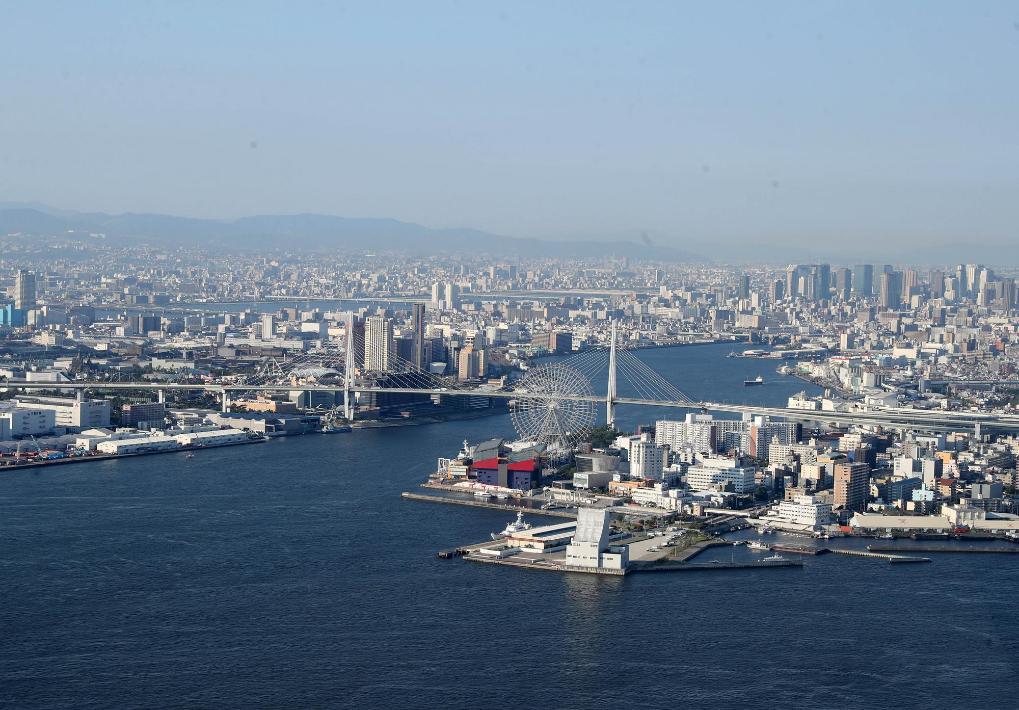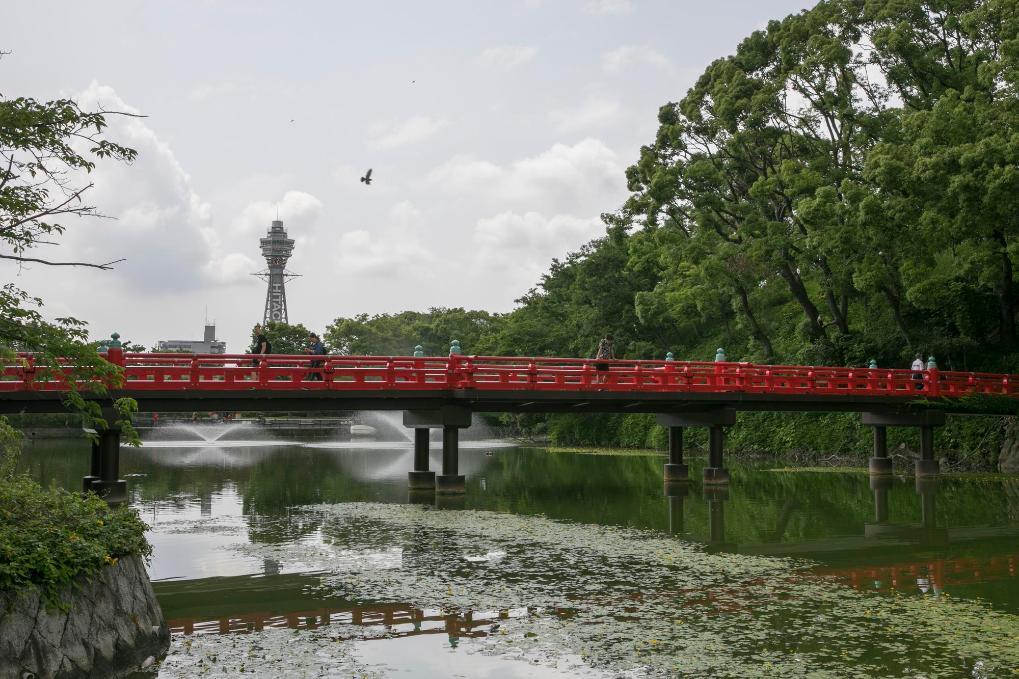More than 1,000 residents near Settsu, ?saka-fu, have their blood tested after Organofluorine chemistry levels were found to be more than 400 times the legal limit in a groundwater non-governmental organization. The latest published survey results show that about 30% of the subjects in the blood of perfluorinated and polyfluoroalkyl substances in excess of the standard.
Perfluorinated and polyfluoroalkyl substances are difficult to degrade and accumulate in the environment and the human body, known as“Permanent chemicals.”. The 2023 International Agency for Research on Cancer of the World Health Organization lists one of its representative substances, perfluorooctanoic acid (Pfoa) , as a carcinogen and the other, perfluorooctanesulfonic acid (PFOS) , as a possible carcinogen.

Osaka, Japan, June 25,2019
A water quality survey last year found that Organofluorine chemistry levels in groundwater at a site in Settsu, ?saka-fu, were 420 times the country’s provisional national standard. After more than 30 nearby residents were found to have abnormal blood tests at the end of last year, a non-governmental organization decided to expand the test to more than 1,000 residents.
The non-governmental organization held a press conference on the 11th to announce the results of its investigation. About 30 percent of the 1,190 residents in ?saka-fu and Hy?go Prefecture tested had excessive levels of perfluorinated and polyfluoroalkyl substances in their blood. The group called on Japan’s central government to do free blood tests for residents and respond accordingly.

Above, Japan’s Tianwangji Temple Park is photographed on June 10,2019 in Osaka, Japan.
Since last year, Okinawa Prefecture, ?saka-fu and Tokyo have all been exposed to excessive levels of perfluorinated and polyfluoroalkyl substances in their water, and blood tests on nearby residents were abnormal. Since most of the area is close to US military and Japan Self-Defense Forces bases in Japan, these bases are seen as potential sources of pollution. In addition, some factories are also considered to be suspected of causing pollution.
In May, the Japanese government launched a nationwide survey of harmful substances in tap water, requiring local authorities to report perfluorinated and polyfluoroalkyl substances in about 12,000 tap water samples by the end of September.